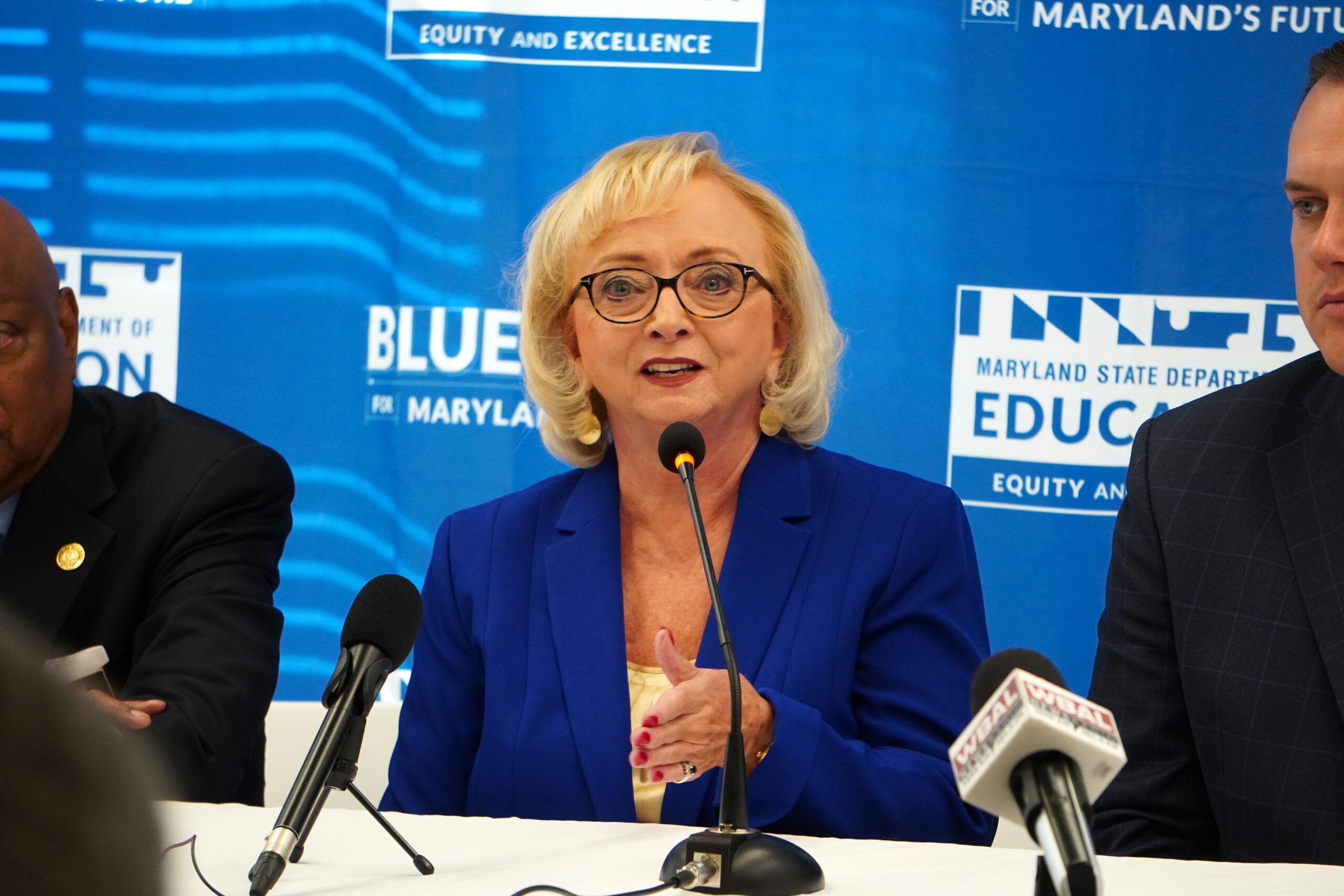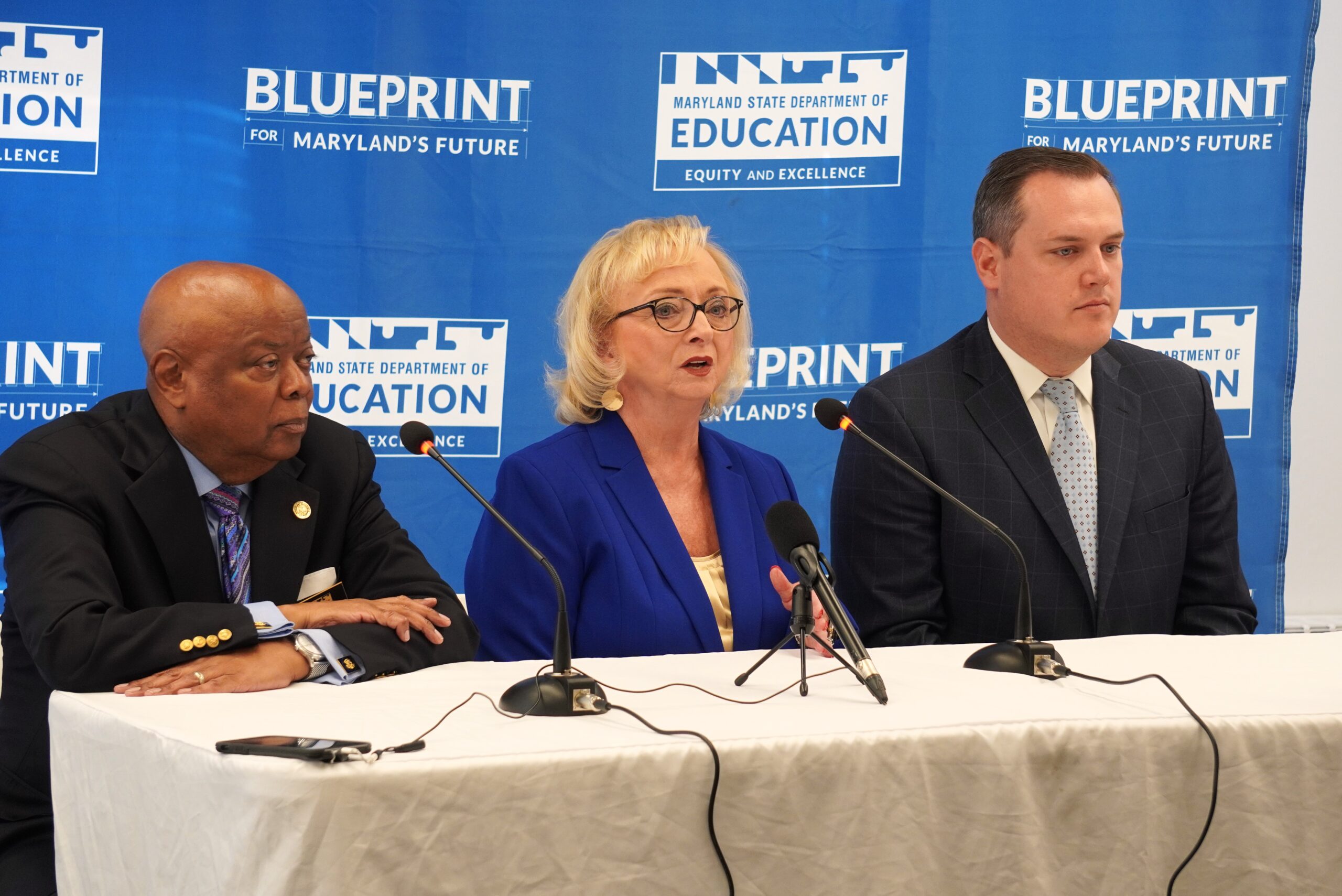Kalman Hettleman: In teaching children to read, Mississippi puts Maryland to shame

Mississippi is far ahead of Maryland in initiatives to teach all children to read. We Marylanders should be aghast and ashamed.
How come deep south Mississippi, with the highest child poverty rate in the country, ranks side by side with Maryland in the middle tier of states in fourth grade reading scores? More startling, how come between 2011 and 2022, Mississippi ranks first among states in gains in fourth grade reading while Maryland is tied for last?
Actually, the answers are not a big mystery. One, Maryland has lagged far behind most states for a long time, as I wrote in a 2021 report. And we’re getting worse. According to one national account, 31 states have now passed laws to boost the science of reading and evidence-based instruction. Maryland is not one them.
The second explanation for Mississippi’s prominence is the leadership of Carey Wright. She’s not a household name but if you follow the media on public education, you know about her. Mississippi’s state superintendent from 2013 to 2022, she is nationally acclaimed for “Steering Mississippi’s Unlikely Learning Miracle.” A widely discussed article in the New York Times last month highlighted how she ran the show “brilliantly.”
Marylanders have extra reason to be jealous: She spent almost all her career as a teacher and top administrator in Prince George’s, Howard and Montgomery counties school systems. It’s a fair guess that if she had risen to become our state school superintendent, Maryland might be in the limelight, rather than as far behind as we are. Many, many thousands of our schoolchildren would have avoided reading failure and blighted futures.
I recently interviewed Wright twice (she’s now retired and living in Baltimore County). And what came over most clearly was her conviction that there was nothing miraculous about the Mississippi literacy miracle. It was, she said, “hard work, high expectations, fresh thinking, good communication, and a statewide strategy based on the science of reading and teacher development.” And most of all, though she was quick to credit others, leadership was first and foremost.
That leadership — which set the stage for her superintendency and provided sustained support – included the Republican governor and legislative majority, literacy advocates, and the Barksdale Reading Institute, a nonprofit that partnered with schools and colleges on teacher development.
From there, as one observer notes, Wright “reorganized the entire education department to focus on literacy and more rigorous standards, a big investment in teacher training in the science of reading; and [implementing the requirement for] all third graders to pass a ‘reading gate’ assessment or risk being held back.” Mississippi, like Maryland, has a long history of “local control,” but she pushed the limits, including state hired, locally embedded literacy coaches.
Can it happen here?
Maryland, Wright asserts with contagious enthusiasm, could follow the same model (as other states are doing).
Leadership must come to the fore. Marylanders are still waiting for a governor or other powerful leader to make education their highest priority and stake their political capital on it. (If any further wake-up call is needed, Annapolis should note that literacy initiatives in many states, in addition to Mississippi, have been led by Republicans.)
Maryland leadership must act now to fill in the most gaping and indefensible hole in the Blueprint for Maryland’s Future: the absence of a comprehensive plan to vastly improve literacy, particularly in grades K-3. So far, the Maryland State Department of Education hasn’t set forth such a plan, despite many calls for it to do so. And the Blueprint Accountability and Implementation Board (AIB) is wrestling with its review of MSDE’s inaction.
The comprehensive literacy plan — a “statewide strategy” in Wright’s words — must embrace the Mississippi building blocks: most notably, early instruction and interventions and teacher development that follow the science of reading. (I have reservations about the third-grade reading gate but not the space here to explain. I’ll do so in a future article.)
Maryland’s 2019 Ready to Read Act and regulations fall far short of the Mississippi model. While early screening and “evidence-based instruction for students at risk of reading difficulties” in K-3 are required, MSDE has halted efforts to achieve effective implementation. Further, many features of literacy laws in leading states are missing, and states with comprehensive policies are showing the best signs of success. Eric Luedtke, the chief legislative officer for Gov. Wes Moore (D) and former House delegate and leading supporter of the Act, has publicly stated that the Act needs strengthening.
That said, Maryland leaders can take a much quicker road than legislation to catch up to Mississippi and other states; The AIB and MSDE have authority now to put in place many plan elements. (The main exception is more funding but, even there, more can be done to assure that available funds, including COVID-19 relief, are better spent.)
Stakeholders in Maryland must push AIB and MSDE to take urgent action. And, lucky for us, Wright is engaged in the effort. She will be playing a lead role in a new non-profit organization Maryland Reads that intends to design and advocate for literacy reform.
Early literacy is so indispensable to the Blueprint that the AIB and MSDE should meet jointly to hear her as soon as possible. All our schoolchildren can learn to read if — though she wouldn’t use these words — we do it the Wright way.



